Why is a PC Slow? What You Need to Know Before Anything Else
Today we are going to talk about some of the most popular misconceptions about a slow PC. If your computer is slow, welcome, you're in the right place, and you'll be helped!
After detailing these received ideas, we will see how to really accelerate your PC.
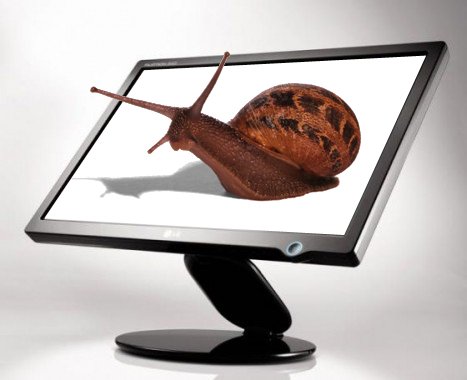
Here is first 6 received ideas/myths about the fact that a computer is slow.
They are dued to these three facts:
• Antivirus and cleaning software, to stand out from the competition, seek hypothetic problems to offer a more complete product than existing ones. While these problems are sometimes fakes. And paradoxically, constantly searching for futile problems in the background can slow down your computer.
• The popular belief that the number of items appearing on the screen (such as the icons on the desktop) means that the computer can no longer handle everything from a certain threshold.
• Popular beliefs that a slow computer is necessarily a sign of infection.

Myth 1: If I have a lot of open tabs, my connection will be slower
Browsers manage tabs well.
For example, when opening the browser, if multiple tabs are present, they only load when you click on them. The connection load does not change before you click..
Of course, having many tabs consumes more RAM and impacts the CPU (which does not change the connection speed). In addition, a large number of tabs can make the use less pleasant when you get lost with 40 tabs. I know what I mean!

Myth 2: If I have a lot of files on the computer, it will be slower
"With all those files on your desktop, your computer has to be slow!"
Who has not heard this remark?
Whether the desktop is full of icons, or empty, the computer does not feel the difference. To be more precise, and schematically, say that between 1ms and 2ms you do not feel any difference because you do not have the sensibility to feel the extra millisecond.
The problem would be if the hard disk is full but warnings from the operating system would have been displayed well before.

Myth 3: If my computer is slow, it's because he is filled of viruses
There are many different reasons that lead to a slow computer. This can come from a virus, but this is not always the case. In fact, the owner of malicious software will try to make his program as unobtrusive as possible so that it is not spotted
I must put this point into the misconception that malware is almost always blamed.
We will see other reasons that can make your PC slow in the rest of the article.

Myth 4: Deleting cookies, temporary files and cache speeds up my PC
In fact, cookies, temporary files and cache are created to get your computer faster.
Cookies are files stored on your computer that allow your PC to remember your preferences, so you do not have to retype them every time you visit a site (usernames, shopping cart ... etc). These are usually very small files since they only contain a few words.
The cache which is saving images, page styles, etc... is there to greatly improve the browsing speed for sites that you often visit. Instead of taking 2 seconds to reload an image from the server, the cache reload it from your computer in much less time.
The cache can be corrupted, but it is more an error than a connection problem. In this case, it is good to empty it.
Temporary files also act as a cache. The only problem with temporary files is that Windows must iterate itself between all the files.
Note that after a long time, emptying temporary files can be used to reset the list, which can potentially speed up your computer.

Myth 5: Clean up the registry will speed up the computer
Cleaning software often finds you 3000 errors in the registry. These errors are in fact known as orphan registry keys. The registry consists of many configurations related to the applications you use. These same configurations are stored as values in the registry keys.
Over time, programs create registry keys that refer to files on your disk. When the files in question are deleted, either by uninstalling the concerned program, or by yourself, the keys refer to empty slots. "Register errors" are thus reported.
These orphaned keys do not pose big performance problems.
On the other hand the holes in the registry (especially due to deletions of these keys) are making the access slower.
The ideal would be to "compact" or "defragment" the registry to fill these holes and ensure faster access.
That said, even with these optimizations, the performance gain remains very low and probably impossible to feel.

Myth 6: Delete the Prefetch folder speeds up the computer
Some cleaner software or some people on forums suggest you remove the "Preftech" folder.
In fact, deleting files from the Prefetch folder can slow down the PC instead of making it faster.
Every time the computer starts, Windows records how the computer starts and the often-open files and programs.
These informations are stored in small files in the Prefetch folder. Windows uses them to help speed up the startup.
This same folder is self-managed: files are automatically deleted when they are too many.
Deleting these files manually will therefore slow down Windows (a little bit) which will have to save the information in these files again.
The received ideas that we have just seen have rather a Placebo effect than a real action on your computer.

So why is your computer is slow?
Your computer is slow for the following reasons that I will then detail one by one:
- Unwanted extensions load advertising content when surfing the Internet
- Several people are connected to the same access point
- You have a bad WIFI signal
- The problem is on the side of the server (site)
- One or more programs are very greedy in memory
- You have too many programs at startup
- Your PC is dusty
- Your data is fragmented
- Your software is not updates
- The case of Rogues software
- Performance issues
- And finally, the malicious programs
Here are the 12 points most likely to be related to the speed problems your computer is experiencing:
1. Unwanted extensions load massive advertising content when surfing on the Internet
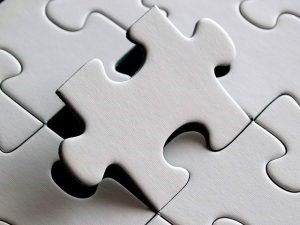
It’s about extensions that dynamically modify the content of web pages. Typically, you plan to install an extension to "download videos in mp3" while at the same time the search results are modified to include advertisements. These same ads have obvious consequences on the connection speed.
How to fix the problem:
Observe the installed extensions and remove the ones that are not useful or unwanted. Or directly reset the browser.
2. Several people connected to the same access point
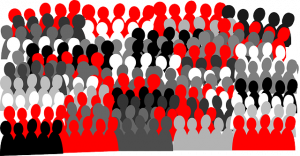
The different devices connected to an Internet access point share the bandwidth. If a LAN user downloads a large file, it takes a large part of the bandwidth and your connection is slowed down.
How to fix the problem:
Difficult to settle except to talk with the people concerned to establish a fair sharing. There is also a software called insider to change the Wi-Fi channel when it is saturated in your neighborhood.
3. Bad Wi-Fi signal
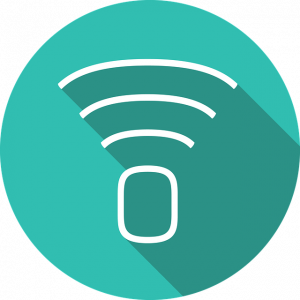
It is not only the distance that comes into play, but also the obstacles that block the signal. Especially liquid (radiators) or things that generates waves (microwaves).
How to fix the problem:
Try to place the modem in the center of the house, away from obstructions blocking the signal. And try to stay closer to the modem when you connect to Wi-Fi to it. Or you can use an WIFI booster
4. The problem is on the server side
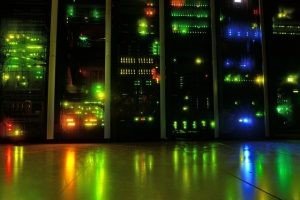
A slow site does not necessarily mean that your connection is slow. Sometimes it is the remote server that is overloaded and struggling to respond. To find out if the problem is remote just try other sites to see if loading is faster or not.
How to fix the problem:
Wait for the server to be less loaded by connecting later.
5. Gourmet programs in general
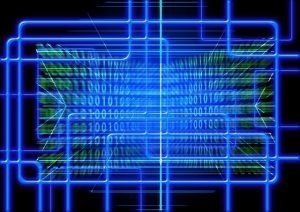
Any program (good or not) can use a lot of resources (memory or processor). Like bandwidth shared between computers on the local network, memory and CPU resources are also shared between programs. And if your RAM is full because of a program too greedy, the computer will be slowed down.
How to fix the problem:
You can open the task manager (CTRL + SHIFT + ESC or CTRL + ALT + DELETE) and directly observe the Performance tab which tells you the level of use of your memory (but also your processor and your disk). If the memory is almost full, you can identify the overly greedy process through the Processes tab.
6. Too many programs at startup

Programs started at startup directly affect the boot speed of Windows. The difference can be of several minutes. Moreover, there are more difficult cases to identify that also affect the boot, but rather appear as software or hardware bugs.
How to fix the problem:
To see the programs started when you start your computer, you can launch the Task Manager then go to the "Start" tab. I recommend the following article by Mark Russinovich that typically shows how to solve a slow boot problem due to a network problem.
7. Dusty PC

Dust in the fans blocks vital airflow during computer cooling. If the system overheats, it automatically inhibits its performance to generate less heat.
How to fix the problem:
If the PC can be disassembled, you can do it without the help of an expert. You can blow (or rather aspire) the dust inside the computer. Be careful not to damage the components or you may have a PC that no longer works.
8. Fragmented data
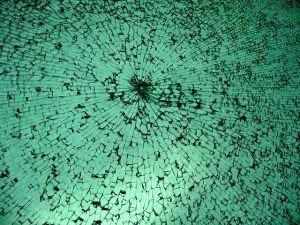
Fragmented data, that is, scattered everywhere on the disk, requires additional time to be processed. Recent versions of Windows automatically defragment disks.
How to fix the problem:
This problem is usually automatically fixed or you can use program like Ccleaner
9. Drivers that are not updated
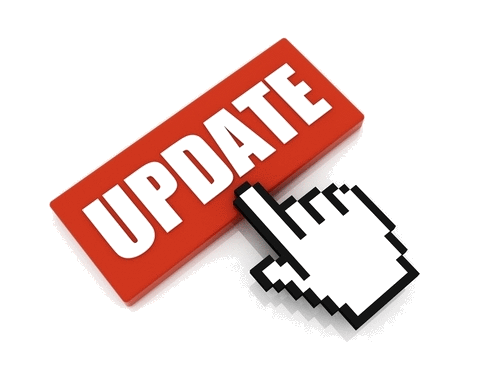
Although this is an exception, driver problems can lead to unexpected errors and delays. These errors are not necessarily related to updates but may be due by software conflicts. To detect them, you can open the device manager (type "devmgmt.msc" in the search bar of the start menu).
How to fix the problem:
If you see small warning icons next to a device, it means that it’s not working properly. It is advisable to stop or update it.
10. Rogues software

Rogues software are fake programs that make you believe that your computer is full of viruses and other problems that they suggest you to fix. While in fact it’s these software themselves that take resources to look for non-existent problems.
How to fix the problem:
Become aware of scams that target us every day and keep only programs known for their usefulness.
11. Performance problem
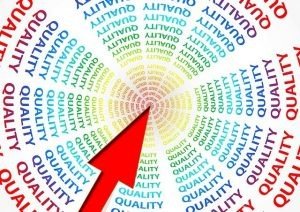
If there are no other solutions, it may be possible that the computer is running out of performance (too little RAM, too little processor power, etc.). And to be honest, it's one of the most common problems!
How to fix the problem:
For this it is possible to change a component like the graphics card or RAM. Otherwise it is good to change the computer, and in fact it is good to renew it every 5 to 10 years.
12. Malware
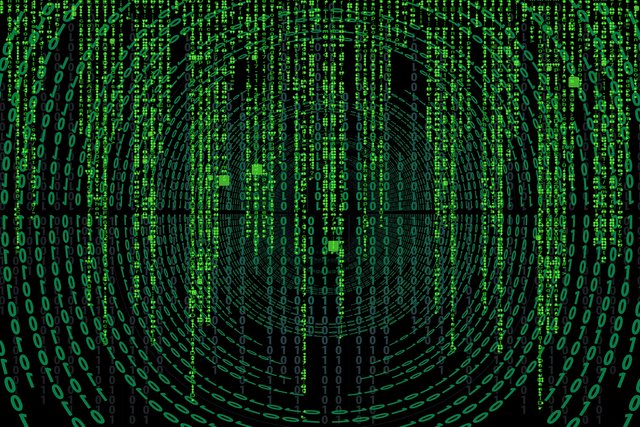
This is a point we have seen in good faith. I said that the track of the "virus" is often the first highlight, but there are many others as we come to see it.
However, it still happens that malicious programs slow down the computer. But let's be more precise. We have seen, for example, that programs starting at the startup of the computer impact the boot speed. This point applies especially to malicious programs that often start when the computer starts.
Others can massively use the network (to send data remotely, or to receive commands like trojan) which can potentially slow down your connection.
How to fix the problem:
Protecting your computer is based on many things that need to be brought together. The ideal is to start with the classic scan of the antivirus.
Then it is interesting to ensure (using third-party programs or manually) that the PC is healthy and that the antivirus has not forgotten anything.
And finally, the awareness works wonderfully, know the attacks and therefore the defenses will always be better than any antivirus in the world.
We act!
Hoping that this article has been useful to you. Now you know why your computer is slow, how to fix the problem, and how not to get caught in the future.

Congratulations @vijbzabyss! You have completed some achievement on Steemit and have been rewarded with new badge(s) :
Click on any badge to view your Board of Honor.
For more information about SteemitBoard, click here
If you no longer want to receive notifications, reply to this comment with the word
STOPDo not miss the last announcement from @steemitboard!
Very good and useful post